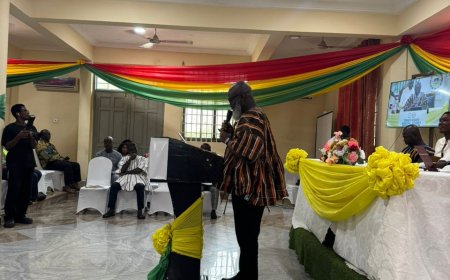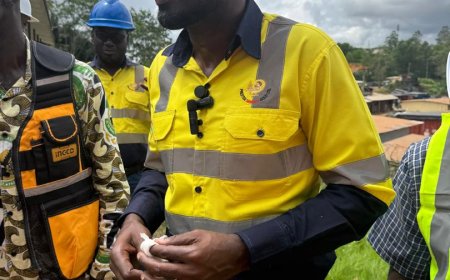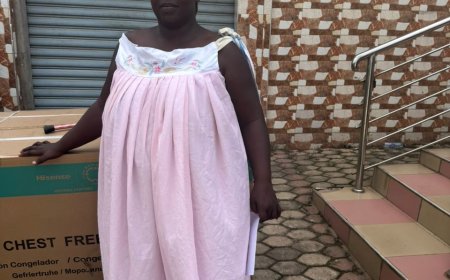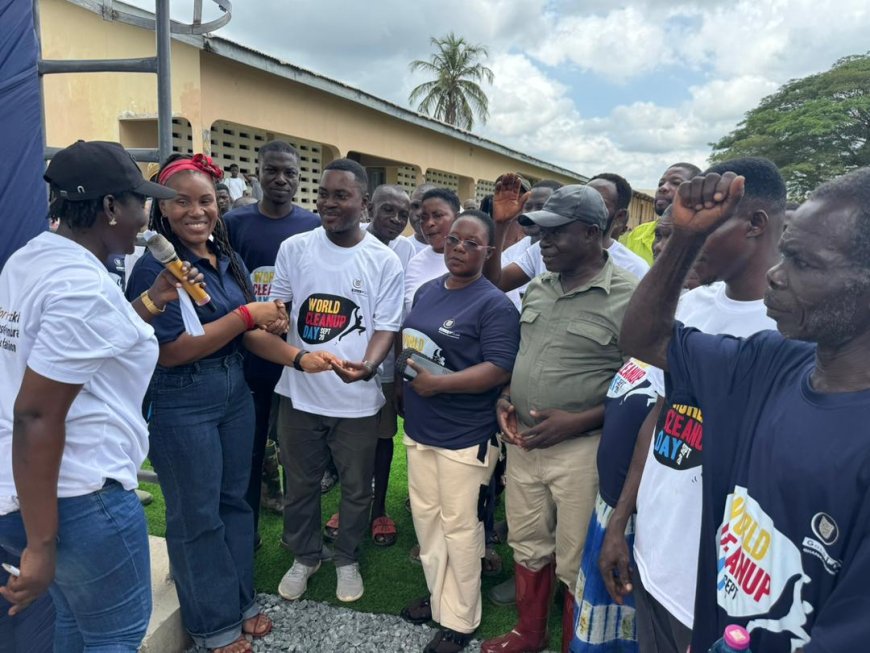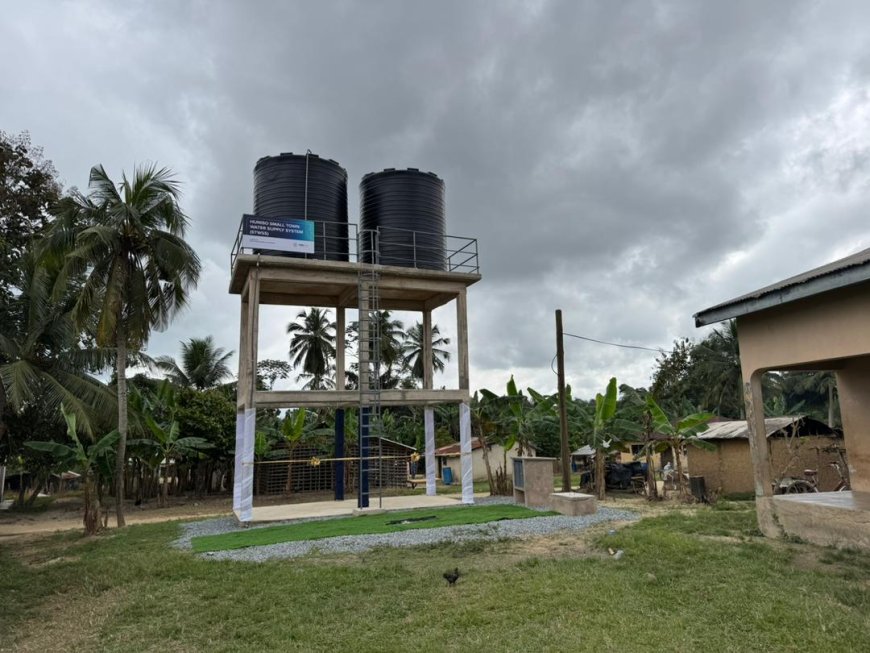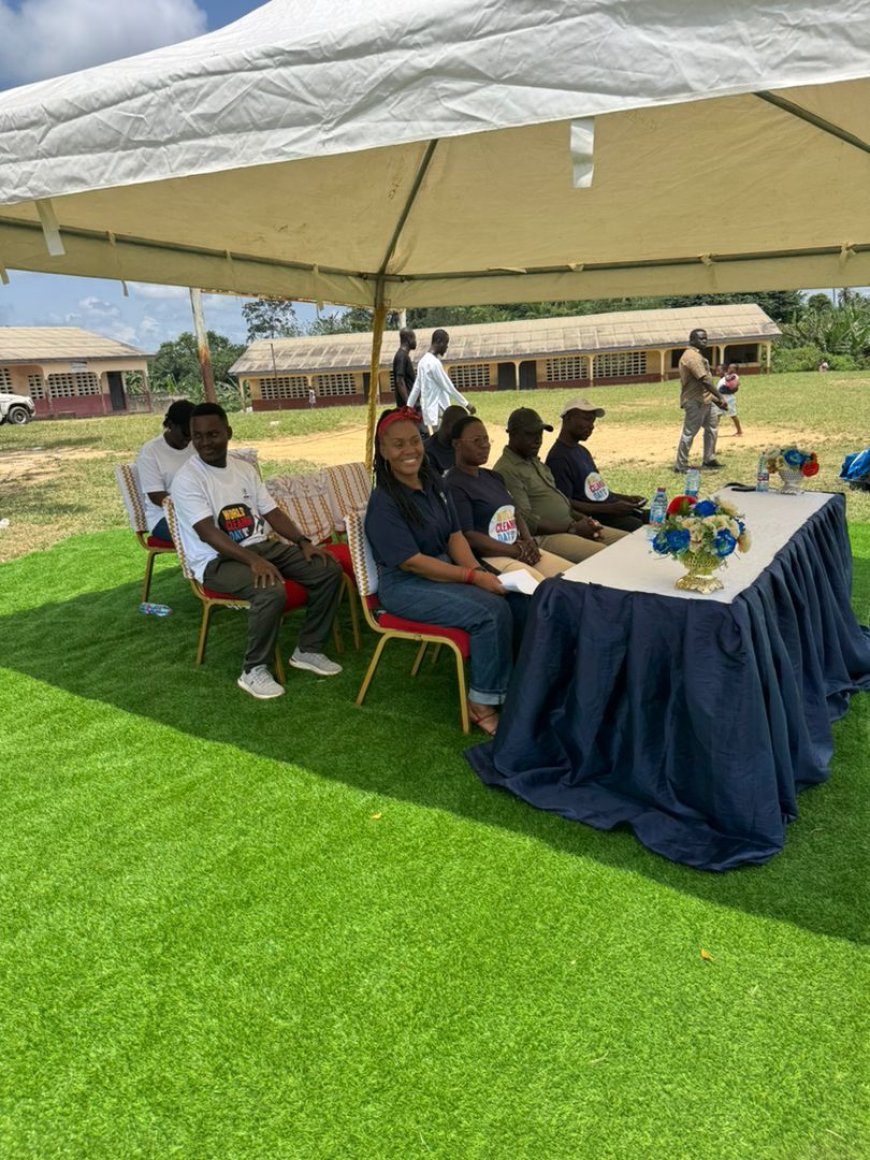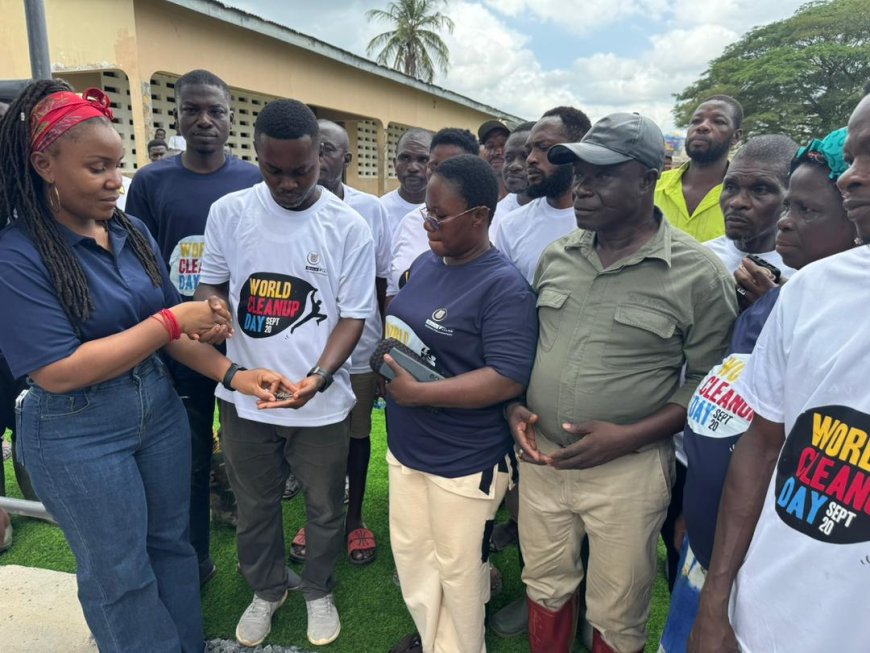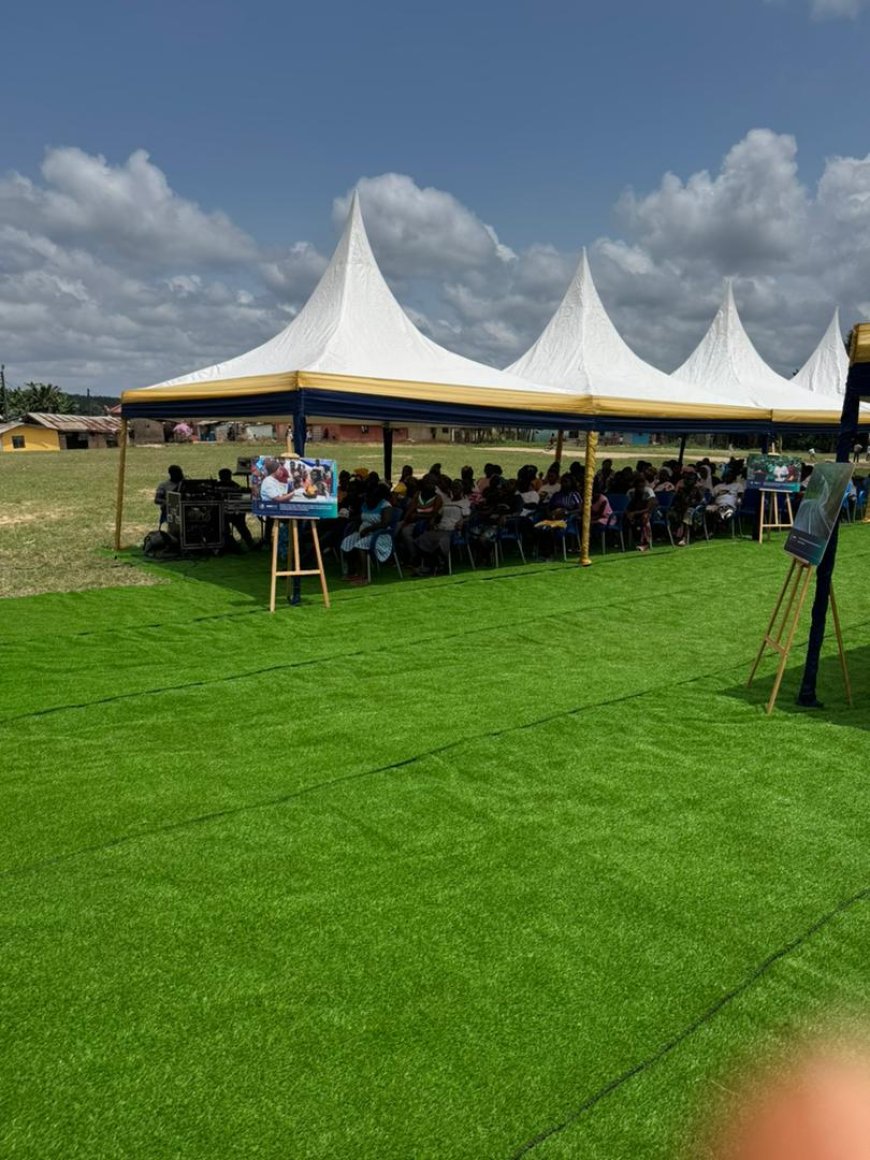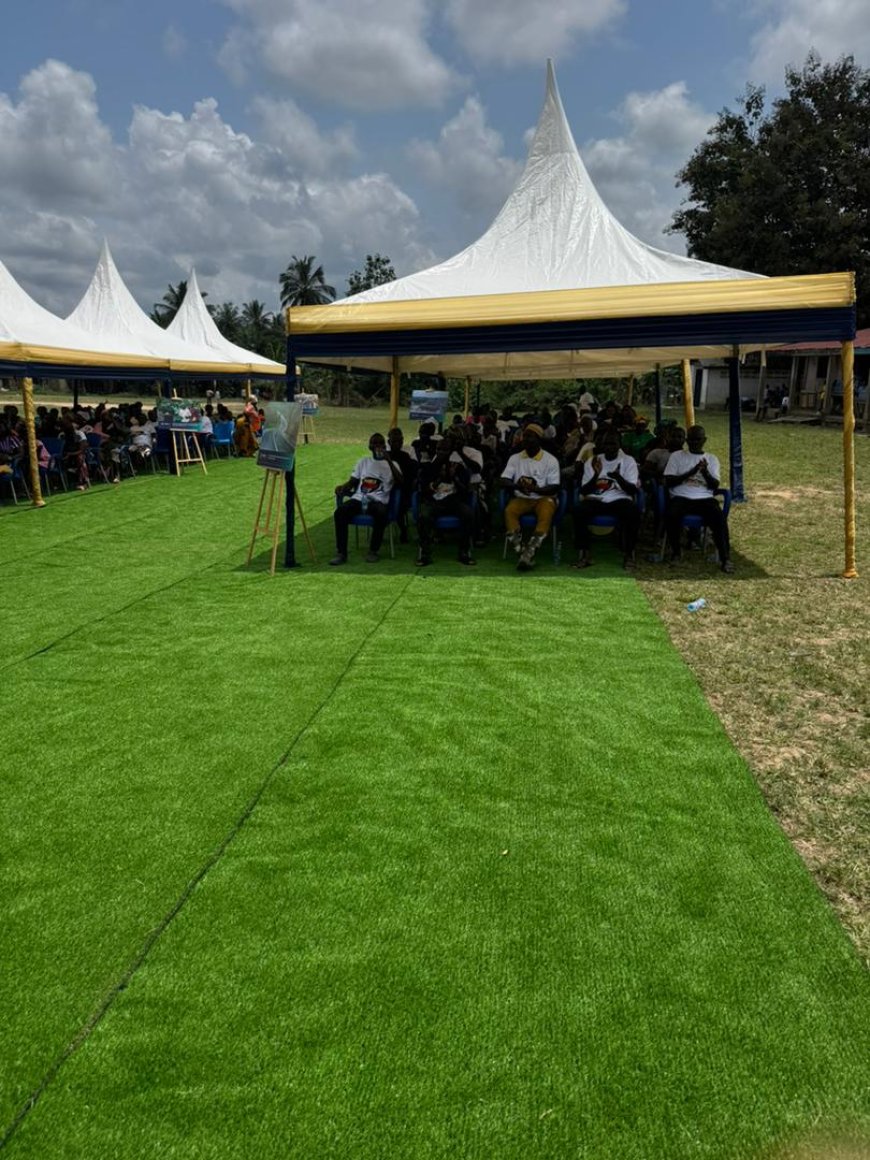Safe Water Handover Promises Healthier Future for Huniso
A simple meal could be a dose of disease if a housefly has been its first guest. This stark warning from a local health worker underscores a critical sanitation battle in Huniso, where typhoid fever is a common and preventable threat.
Isaac Asante, a Physician Assistant at the Samahu Health Centre, explained that typhoid is fundamentally an oral-faecal infection. "When we say typhoid, it simply means that someone has taken in faeces," he stated bluntly. "Most of the time, it is caused by poor sanitation."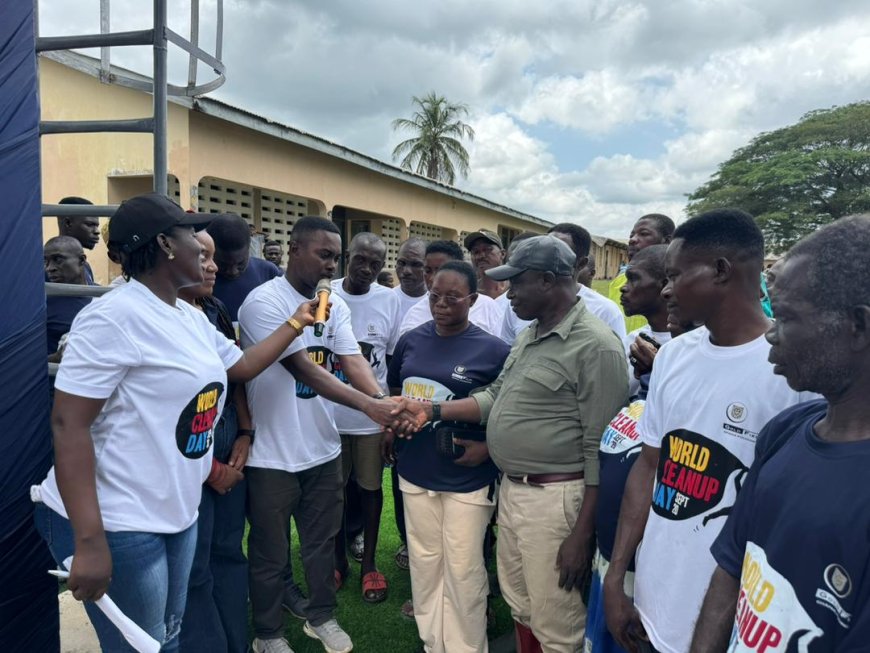 Asante detailed how the chain of infection often begins in homes. "Most of our mothers serve their children with chamber pots... and most of them, they don't discard the faeces early. When house flies settle on it, they also come back and settle on our food. When you take that food, the flies that stepped on the faeces have likely transferred the organism to your food. So when you take it in, possibly you've taken the faeces."
Asante detailed how the chain of infection often begins in homes. "Most of our mothers serve their children with chamber pots... and most of them, they don't discard the faeces early. When house flies settle on it, they also come back and settle on our food. When you take that food, the flies that stepped on the faeces have likely transferred the organism to your food. So when you take it in, possibly you've taken the faeces."
The illness, which brings fever, chills, headache, and severe body weakness, is a frequent sight at his clinic.
This direct link between environmental hygiene and community health was the driving force behind a recent event in Huniso, hosted by the Gold Fields Ghana Foundation. The gathering, which commemorated World Cleanup Day under the theme "Strive for Five," focused on tackling textile waste and promoting circular fashion, but its core mission was preventive healthcare.
"We came here to join the community to clean up... but it's also important that we educate them," said Project Manager Sandra Deladem Woanyah. "Our guest educated all of us on the essence of keeping good sanitation, and he emphasized that one of the key diseases they see is typhoid fever."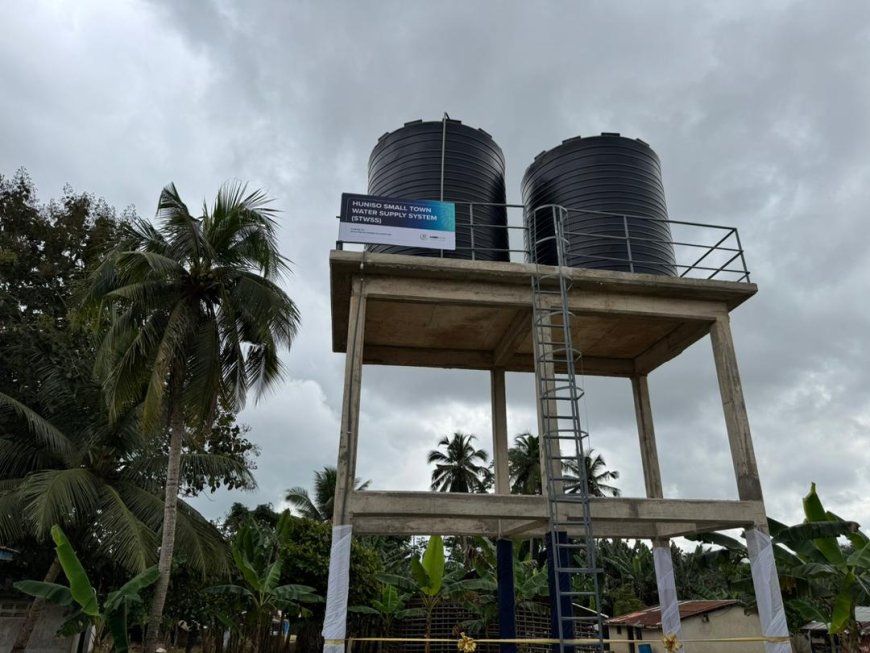 The foundation's most significant contribution to breaking the cycle of infection was the handover of a new 40,000-litre water capacity project to the community. The $31,112 facility will provide clean, portable water directly to homes, thereby preventing waterborne diseases and eliminating the need for long, arduous journeys to fetch water.
The foundation's most significant contribution to breaking the cycle of infection was the handover of a new 40,000-litre water capacity project to the community. The $31,112 facility will provide clean, portable water directly to homes, thereby preventing waterborne diseases and eliminating the need for long, arduous journeys to fetch water.
"We are excited that we are contributing to preventive health care in our host communities," Woanyah added.
The initiative received a strong endorsement from local authorities, who promised to back the educational efforts with enforcement. Kwabena Dramani, Environmental Officer for the Prestea Huni Valley Municipal Assembly, issued a stern warning to residents.
"Sanitation is a way of life, and I think it's a law," Dramani declared. "Anybody who violates the rules of managing waste... shall be punished severely to serve as a deterrent."
He announced the imminent return of a zero-tolerance policy. "Environmental officers are coming to town, house to house, to arrest anybody who violates environmental health rules. So from now, we are educating everybody to be very vigilant."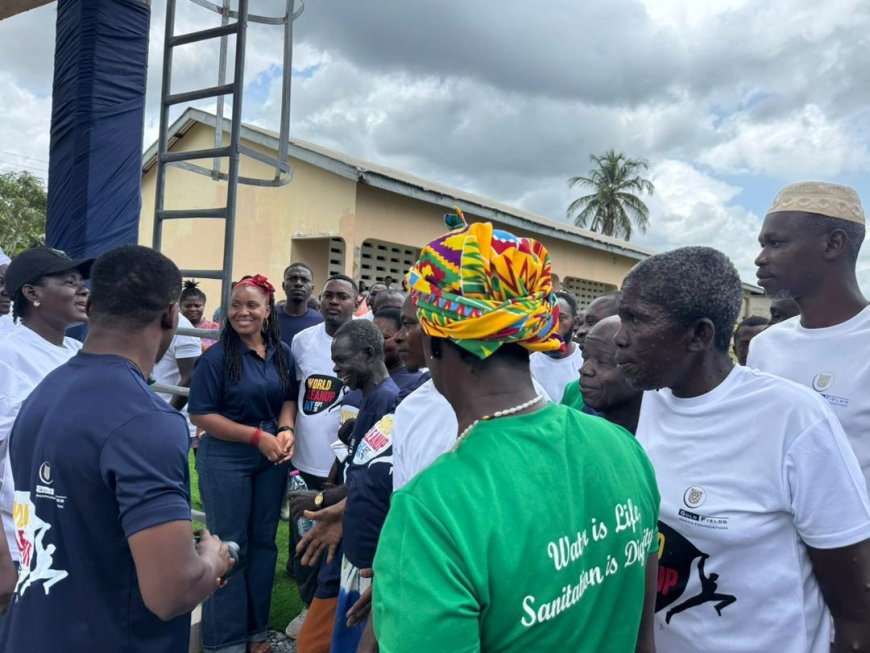 The partnership in Huniso represents a multi-pronged attack on disease: providing the essential resource of clean water, educating on the dangers of poor hygiene, and reinstating the legal consequences for neglecting sanitation, all in an effort to ensure that a fly on the wall remains just that, and not a carrier of catastrophe.
The partnership in Huniso represents a multi-pronged attack on disease: providing the essential resource of clean water, educating on the dangers of poor hygiene, and reinstating the legal consequences for neglecting sanitation, all in an effort to ensure that a fly on the wall remains just that, and not a carrier of catastrophe.
Source: Nana Esi Brew Monney
DISCLAIMER: The Views, Comments, Opinions, Contributions and Statements made by Readers and Contributors on this platform do not necessarily represent the views or policy of Space FM.
What's Your Reaction?
 Like
0
Like
0
 Dislike
0
Dislike
0
 Love
0
Love
0
 Funny
0
Funny
0
 Angry
0
Angry
0
 Sad
0
Sad
0
 Wow
0
Wow
0

